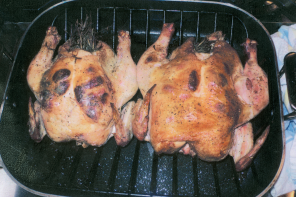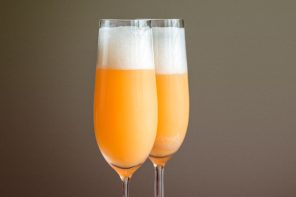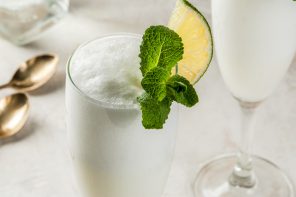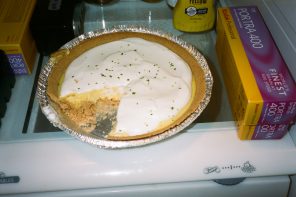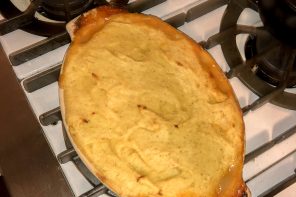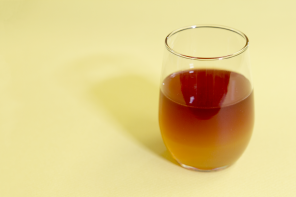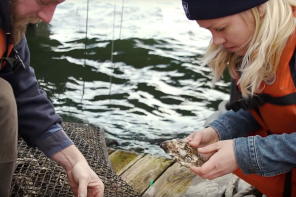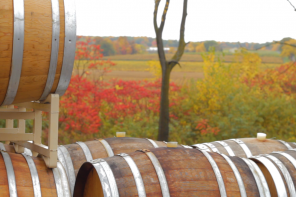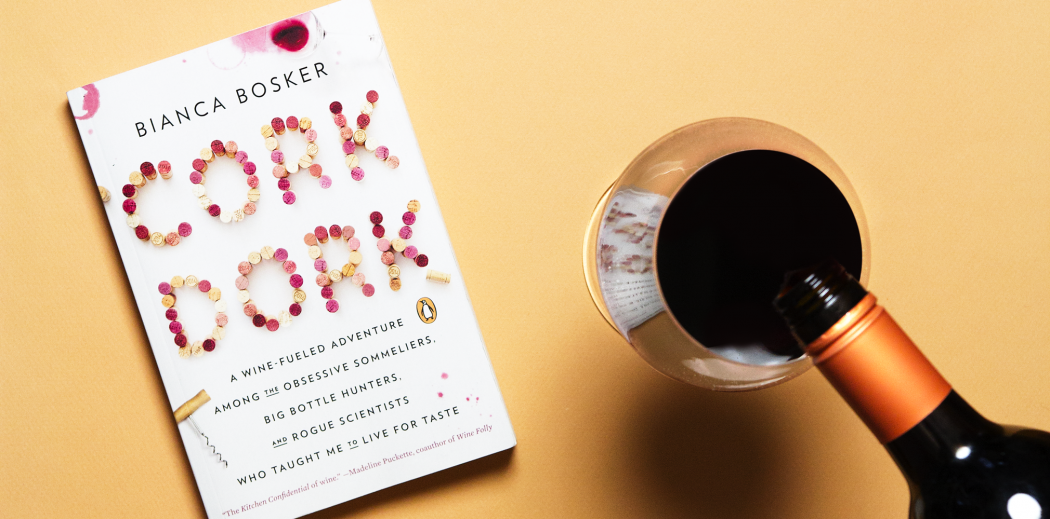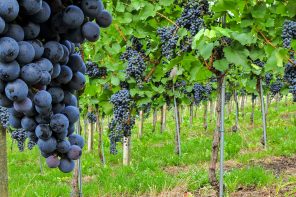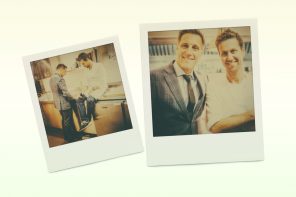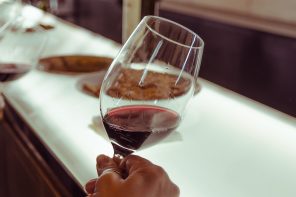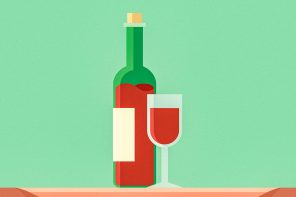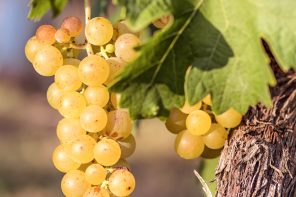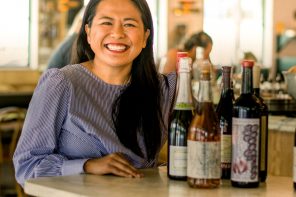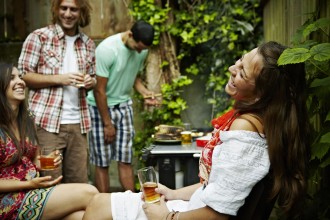The following is a sneak glimpse in to Bianca Bosker’s new book exclusively for WA’s thebacklabel, Cork Dork: A Wine-Fueled Adventure Among the Obsessive Sommeliers, Big Bottle Hunters, and Rogue Scientists Who Taught Me to Live for Taste. Here, Bianca shares how she first fell into the unique and – often – wild and crazy world of the wine industry and those who inhabit it.
Spend enough time in the wine world, and you’ll find every connoisseur has a story about the bottle that launched their obsession with wine. Usually, their epiphany arrives via, say, a 1961 Giacomo Conterno Barolo sipped in a little restaurant in Piedmont, Italy. It’s something of a formula: Europe + natural splendor + rare wine = moment of enlightenment.
My wine epiphany came slightly differently: at a computer screen. And I wasn’t even drinking—I was watching others do it.
At the time, I was a tech reporter who’d spent five years covering the Googles and Snapchats of the world for an online-only news site, and I was doing most things via screens. My version of wine connoisseurship: choosing between wines from a bottle and a box. And to be honest, this didn’t bother me much—until I stumbled upon the World’s Best Sommelier Competition.
I became obsessed. I lost entire afternoons watching videos of competitors uncorking, decanting, sniffing, and spitting as they competed in what was essentially the Westminster Dog Show, with booze. I later found out that one contestant had taken dancing lessons to perfect his elegant walk across the floor. Another hired a speech coach to help him modulate his voice into a velvety baritone, plus a memory expert to strengthen his recall of vineyard names.
For this elite clan of sommeliers, serving wine is less a job than a way of life. They lick rocks to improve their taste buds and sacrifice marriages in the name of palate practice. They have to analyze, describe, and discern variations of flavor in a liquid that’s compound-for-compound the most complicated drink on the planet.
The more I learned about these “cork dorks”—the somms, the big-bottle hunters, even the rogue flavor scientists—the more sterile my tiny corner of experience appeared. Their life was sensory cultivation. Mine was sensory deprivation. I wanted to know what life was like for them at the extremes of taste, how they’d gotten there, and what drove their fanatical obsession with wine. The only way to find out, I reasoned, was to become one of them.
When you inform your friends and relatives that you have left your stable job as a journalist to stay home and taste wines, you will begin to get concerned phone calls. You say: I’m going to hone my senses and find out what the big deal is about wine. They hear: I’m quitting my job to drink all day and improve my chances of ending up homeless.
I told them there was nothing to worry about. I was going to get a job in the wine industry. I would be able to pay the rent.
But after nearly two months there was still no job, not even the prospect of one. And I was drinking more. Going to wine events, cracking open two or three bottles of Pinot Noir at a time. When my husband went out without me, friends asked him, “Where’s Bianca?” and then, in a hushed voice: “Is she drinking?”
Every job I’d tried to finagle my way into so far wanted the one thing I didn’t have: experience. But when I met Joe Campanale, the superstar co-owner of four Italian restaurants in Manhattan, something funny happened.
A bite.
“Our cellar hand—actually, she just got injured and she won’t be able to do the necessary . . .” Joe let his gaze stray to my nonexistent biceps. “Well, it’s a little bit of a physical job,” he explained. “Can you lift boxes?”
Not really, no, but of course that’s not what I told Joe. I wanted to hear more about this cellar hand business. I quickly discovered that was the polite title—around the restaurant, it was called cellar rat.
Never mind that. I was desperate. Desperate to break into the industry, desperate to prove I was not on the fast track to rehab, and certainly desperate enough to ignore all the warning signs.
As the name “cellar rat” implies, I was at the very bottom of the restaurant-world heap. I was the lowest form of life, scurrying around the coldest, darkest corners of the restaurant, best not seen by polite company. I was charged with cellaring, stocking, marking, tracking, lugging, and inventorying bottles. And like an over-sized rodent infiltrating a reputable establishment, I wreaked havoc on order and civility. I lost bottles, dropped bottles, hid bottles, and made entire cases of wine disappear.
But it was a start. In the year to come, I’d be getting hazed in underground blind tasting groups, stalking the floors of Michelin-starred dining rooms, guzzling Burgundy at wine “orgies” for the mega-rich, getting studied by neuroscientists, going behind-the-scenes in mass-market wine factories, and even serving wine under the direction of a pirate captain bottle-prodigy.
Under the tutelage of a group of cork dorks who, the course of a year and a half, became my mentors, tormentors, drill sergeants, bosses, and friends, I came to grasp how wine could be the gateway to an experience that took you somewhere and revealed something, without you ever leaving your seat. Before, I could have tasted a wine and, on a good day, told you I was drinking wine. Now, I understood that a knockout glass could leave you with a story—about an iconoclast in Tuscany who said Vaffanculo! to Italy’s wine rules and planted French Cabernet Sauvignon vines, or a lazy cellar dweller who botched his task of cleaning the winery’s barrels. I became persuaded of an idea I had once been highly skeptical of: that beauty in flavor belongs on the same aesthetic plane as beauty in art or music.
I understood that to taste better is to live better. We’ve all heard of mindfulness. But over the course of my journey, I came to treasure another mindset: sensefulness. It’s by tuning in to our senses that we can fully make sense of the world, and truly live in the moment. And it begins with something we all can do: paying attention.
